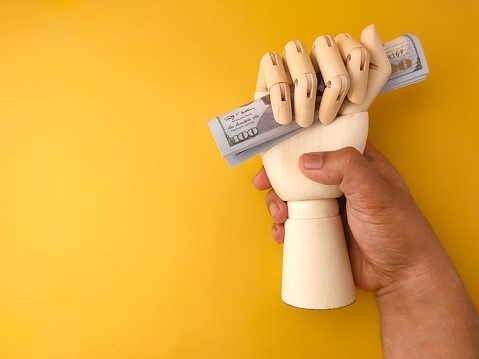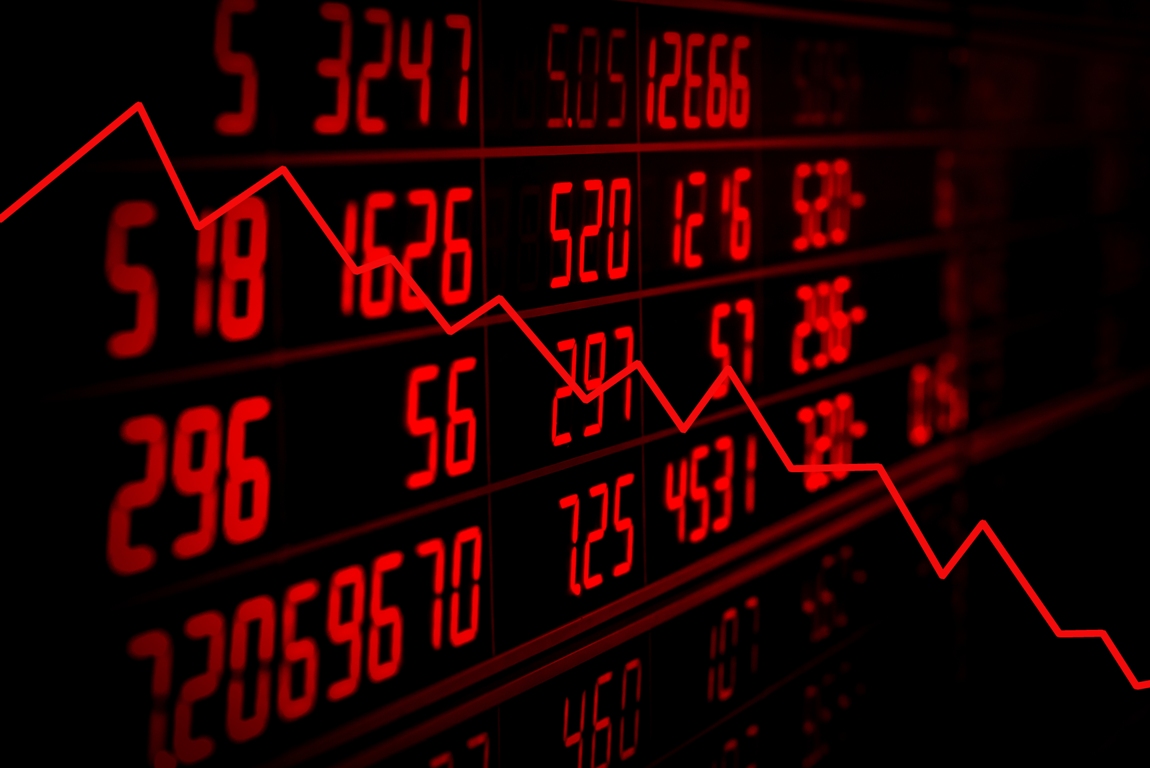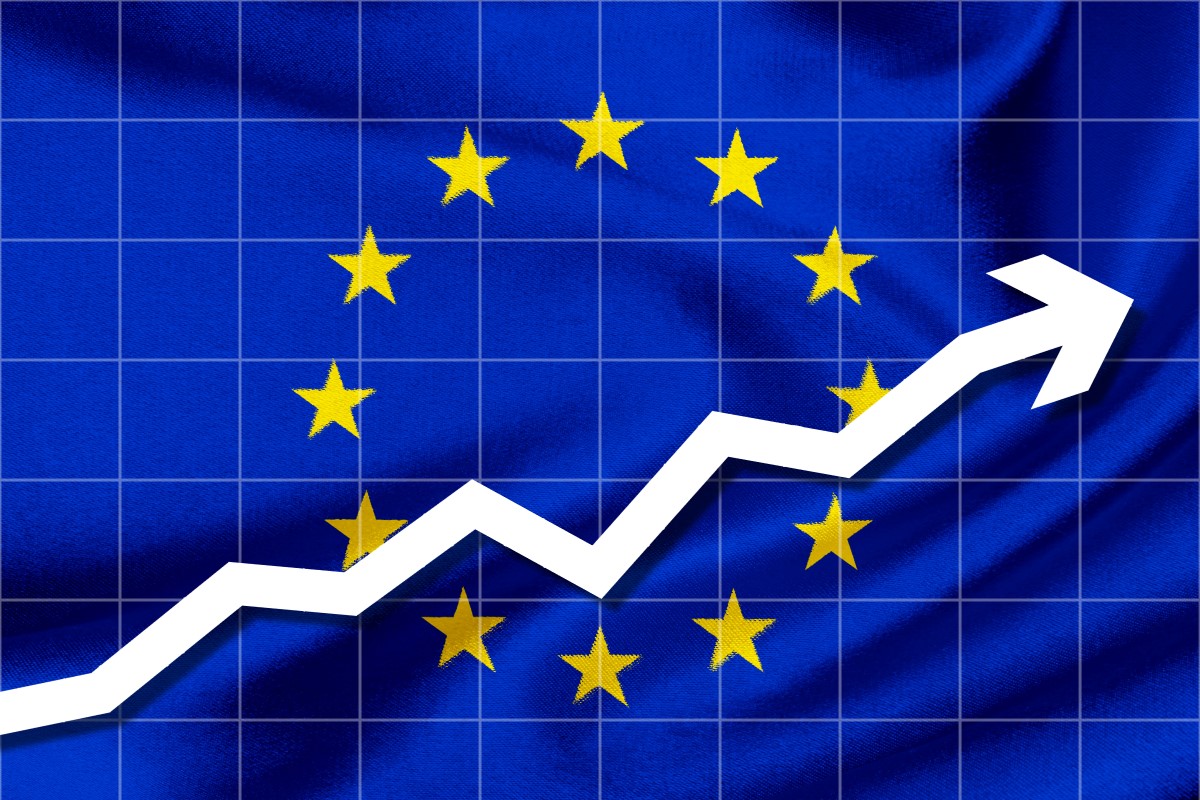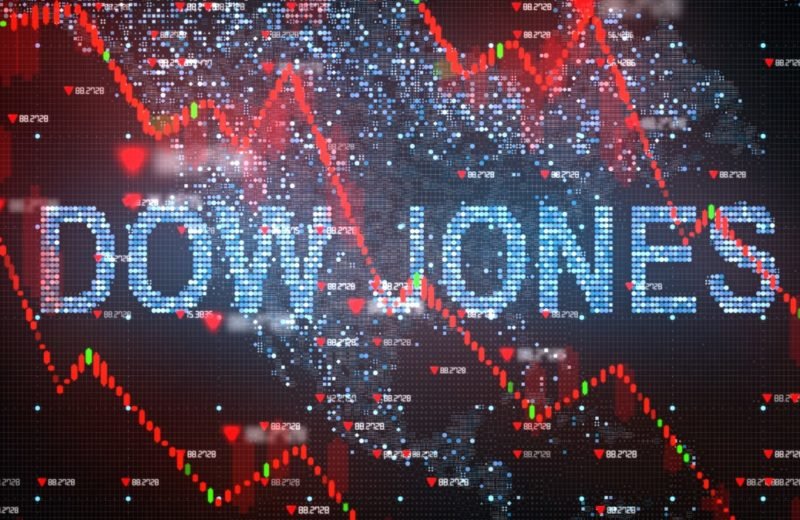First Citizens Bank will buy most of SVB, US regulators said after estimating that the lender’s bankruptcy would result in $20 billion in losses to the Deposit Insurance Fund paid by the banks.
The Federal Deposit Insurance Corporation (FDIC) announced that a North Carolina-based lender would assume the deposits and loans of the bankrupt SVB. This bank financially supported startups and their investors this month.
The potential loss of $20 billion from the Deposit Insurance Fund is another possible consequence of the SVB’s collapse. On the other hand, in the last few years, First Citizens has been one of the biggest buyers of troubled banks.
The CEO of First Citizens Bank, Frank Holding Jr., announced that they are “specially” focused on parts of SVB’s business related to private securities and venture capital.
The FDIC states that the deal will include purchasing assets worth $72 billion, while securities and other assets worth $90 billion will remain in their ownership.
The FDIC will receive “capital appreciation rights” attached to First Citizens Bank’s stock, which could be worth as much as $500 million. The regulator and the lender will share failures and possible rallies on commercial loans made by SVB. First Citizens Bank notes this will guard against “potential credit losses.”
According to the FDIC, on March 10, SVB owned approximately $167 billion in assets and approximately $119 billion in deposits.
How Trump’s decision affected the emergence of a new banking crisis
The bankruptcy of the American Silicon Valley Bank and the rescue of the Swiss banking giant Credit Suisse are the most important conclusions of the latest global banking crisis. Janet Yellen, the US Treasury Secretary, stated there is no chance of additional cascading effects from the crisis. At the same time, similar announcements came from Europe, including the European Central Bank.
Meanwhile, the Federal Reserve has continued to raise interest rates (by 25 basis points) despite some speculation that it will not decide on such a move this month, or at least that it will announce the end of raising key interest rates this year. But that did not happen, and the monetary policy of the world’s largest economy continued as before.















